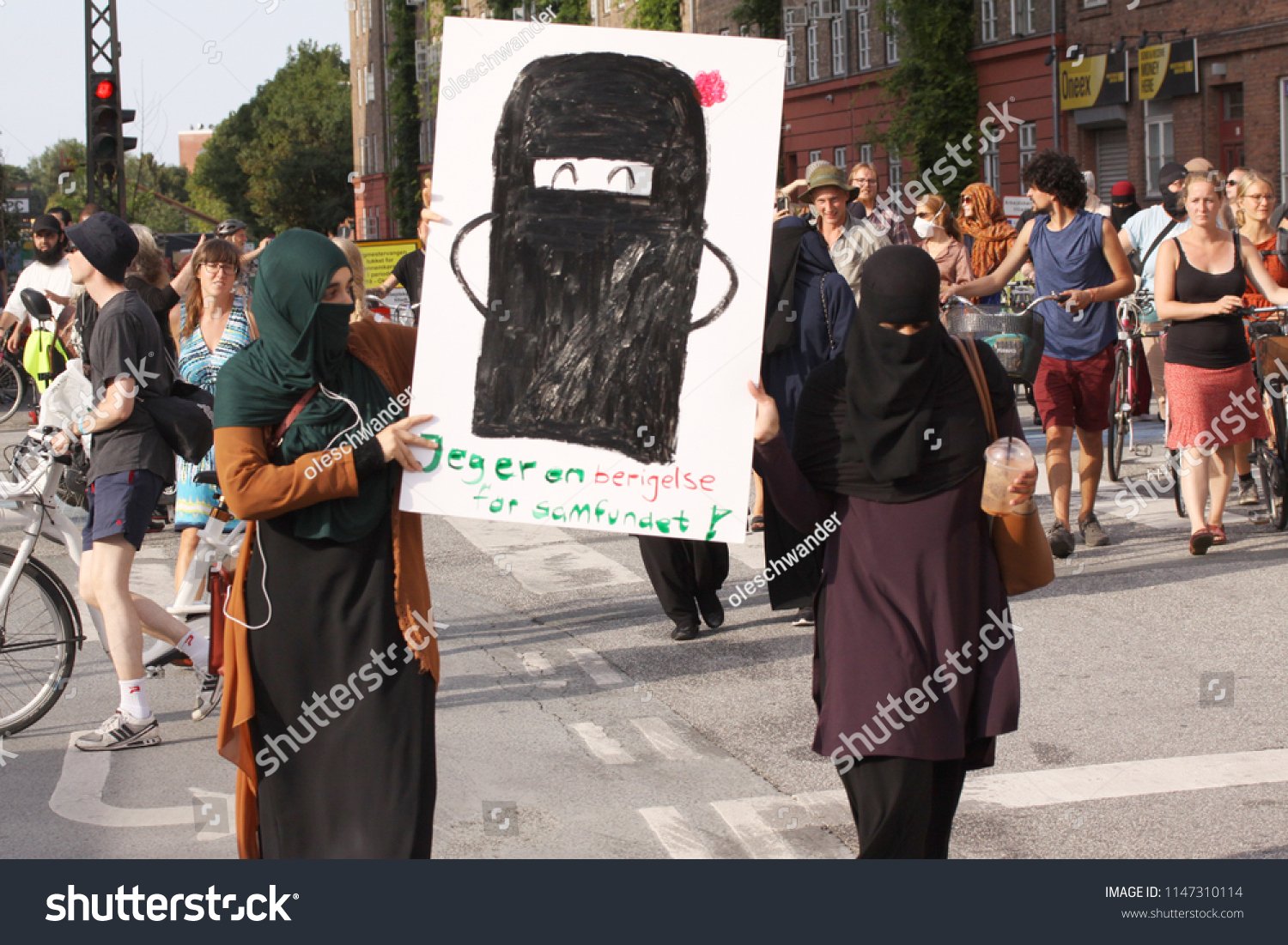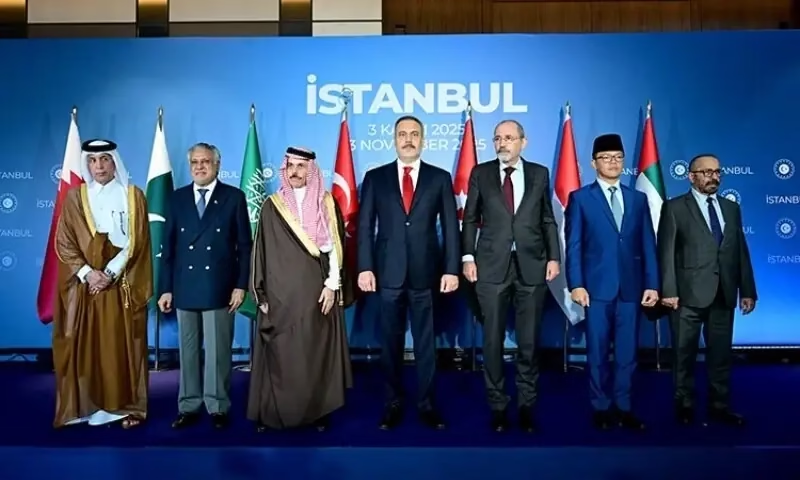The Egyptian government has announced a ban on female students wearing the niqab, a face-covering veil, in schools, sparking diverse opinions among the local population.
Education Minister Reda Hegazy stated that students have the “optional” right to choose whether to cover their hair at school. However, if they opt to cover their hair, they are not allowed to cover their faces, and the hair covering should be in a color specified by the ministry and local education directorate. This ban is set to be enforced from the academic year starting on September 30 and continuing until June 8, 2024.
Egyptians have expressed varying viewpoints on this ban when interviewed anonymously. Some are in favor of the ban, citing concerns about transparency in the educational process and the need for security in schools. They argue that teachers should be able to read students’ facial expressions and body language to provide proper support and attention. Additionally, they believe that the ban may lead some parents to transfer their children from mixed schools to female-only ones for various reasons, including comfort and identity.
On the other hand, critics of the ban argue that it is an infringement on personal freedom and an example of women being targeted and controlled in various aspects of life. They view it as part of a broader pattern of restrictions on women’s choices and autonomy, citing similar measures in other countries, such as France’s ban on the abaya and the burkini and the U.S. Supreme Court’s decisions on reproductive rights. They see it as a continuation of the policing of women’s bodies.
The ban’s announcement emphasizes that the decision to cover one’s hair should be made based on personal desire without external pressure, except from parents. It highlights the role of parents in this decision and the need for their understanding.
Egypt has a diverse range of opinions on the issue of niqabs and hijabs in public spaces and educational institutions, with some institutions previously banning niqabs. Cairo University implemented a niqab ban on its staff in 2015, a decision upheld by the Egyptian judiciary despite appeals in 2016 and 2020. Recent niqab ban proposals have either been withdrawn or rejected. Egypt’s society continues to grapple with questions of personal choice, religious expression, and social norms regarding clothing.



